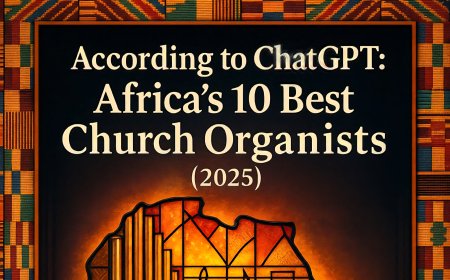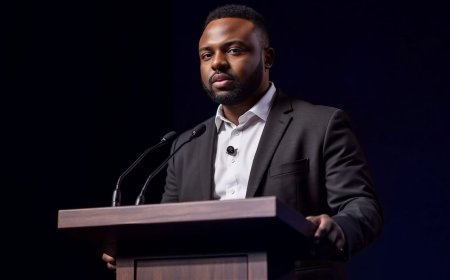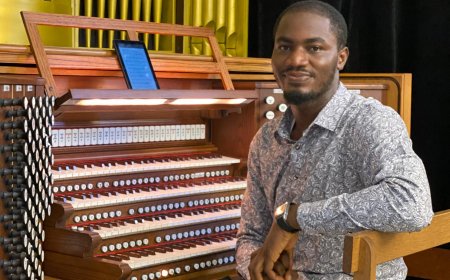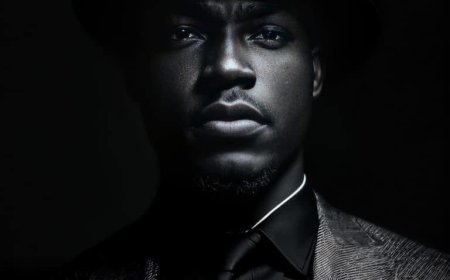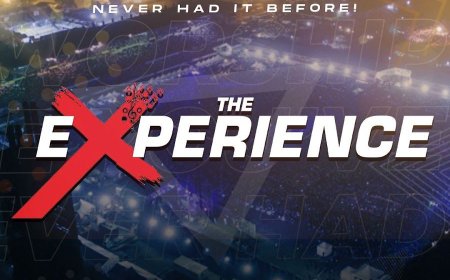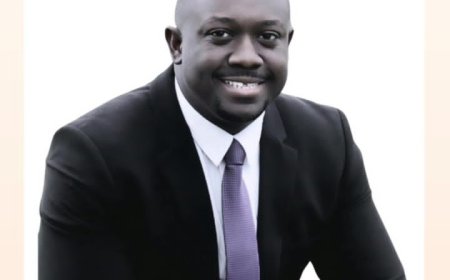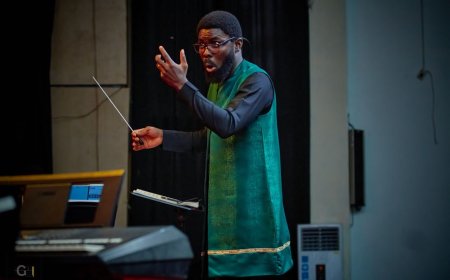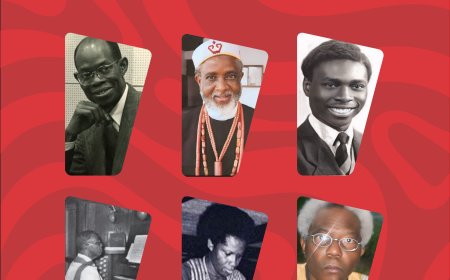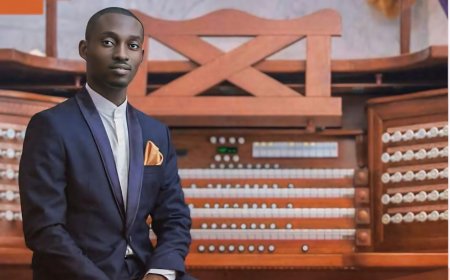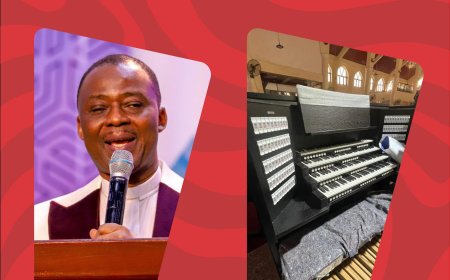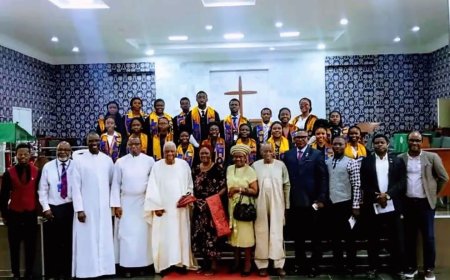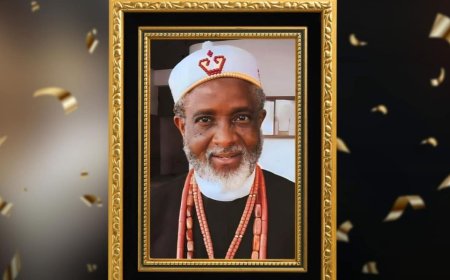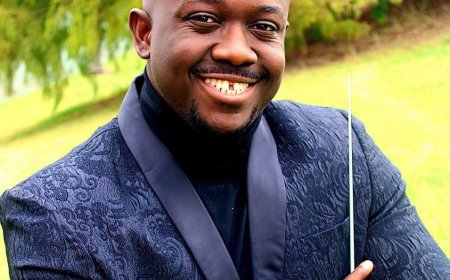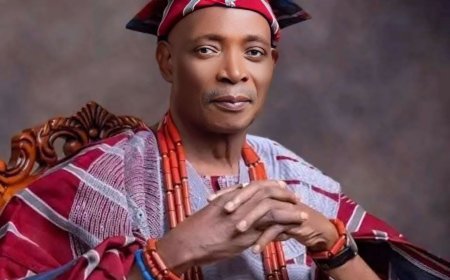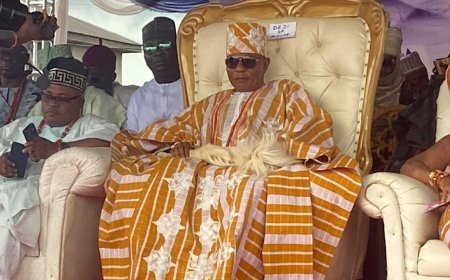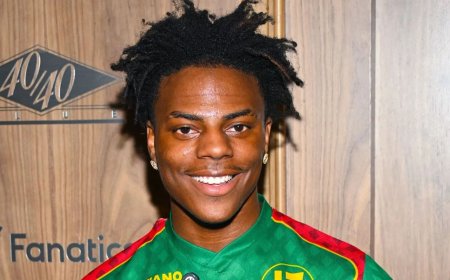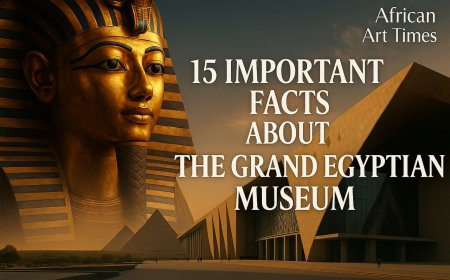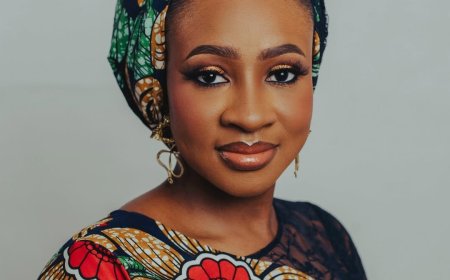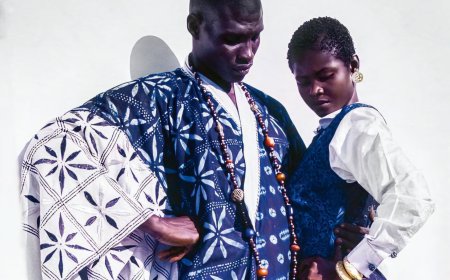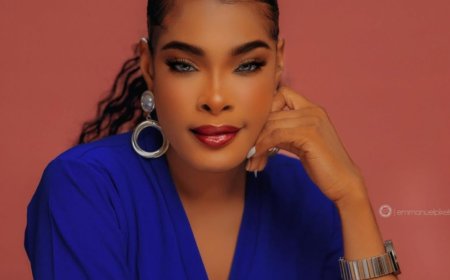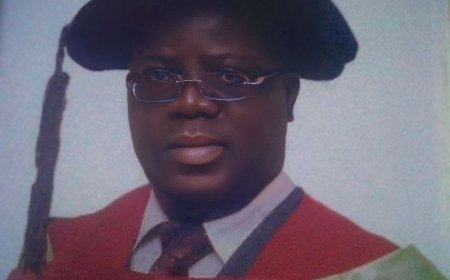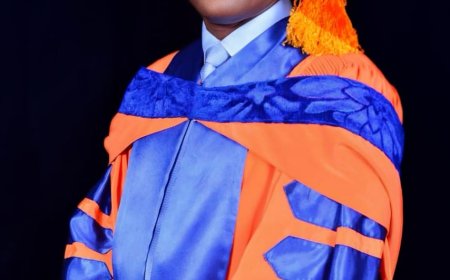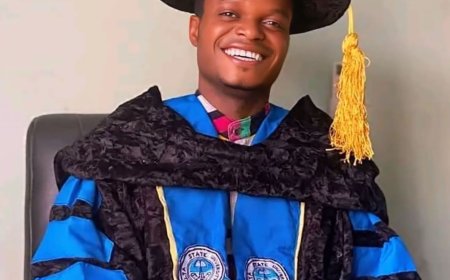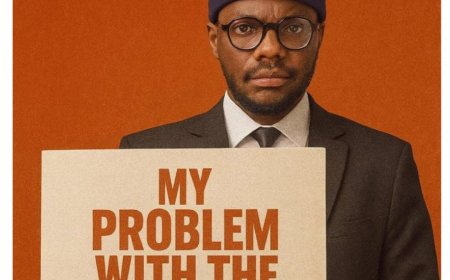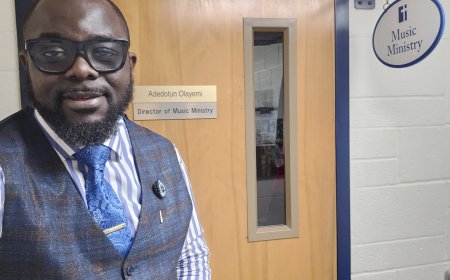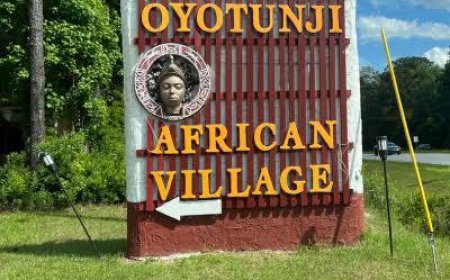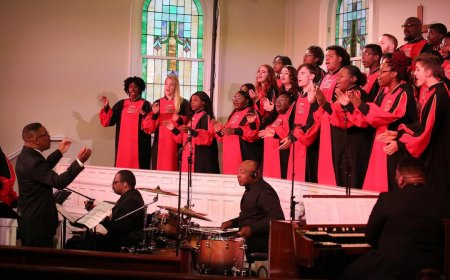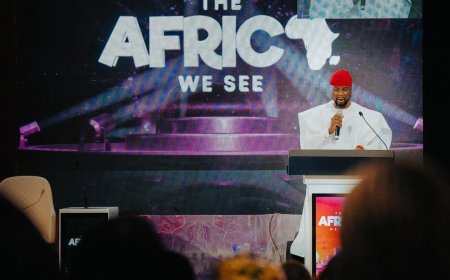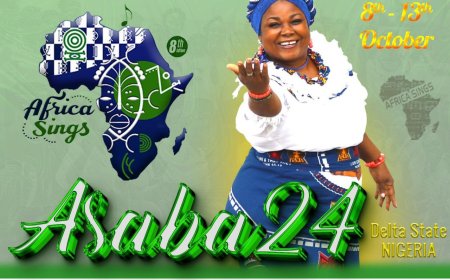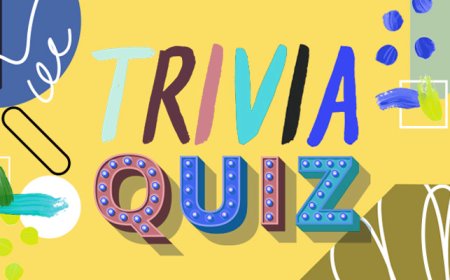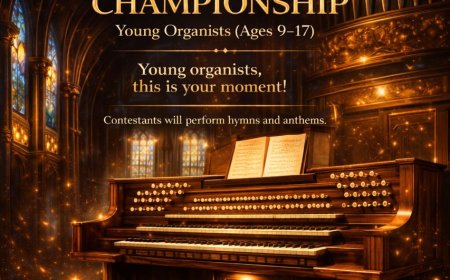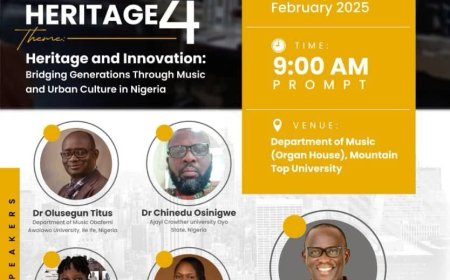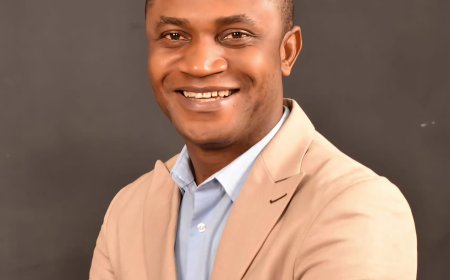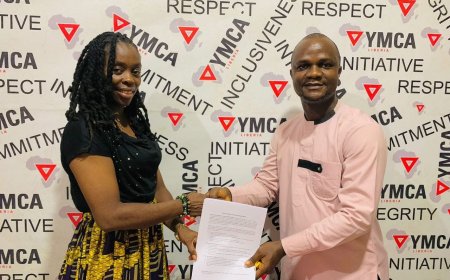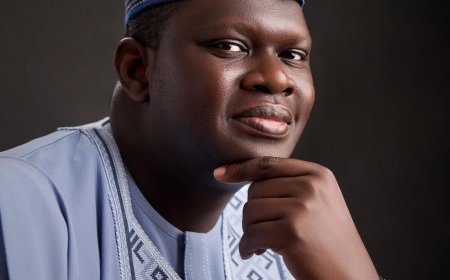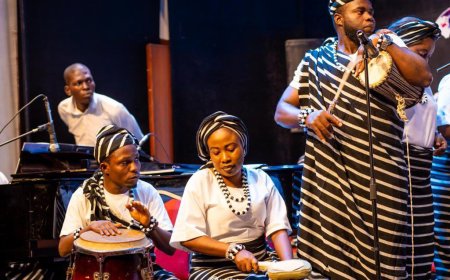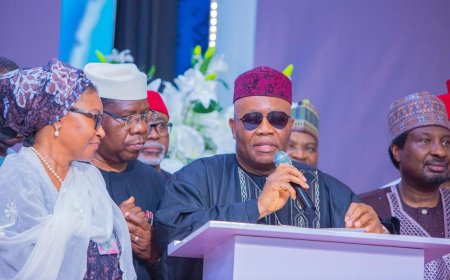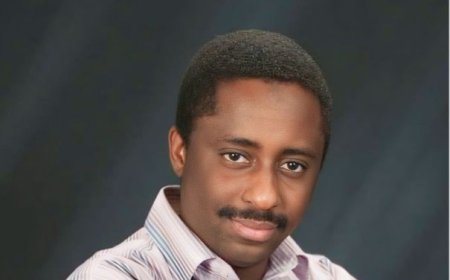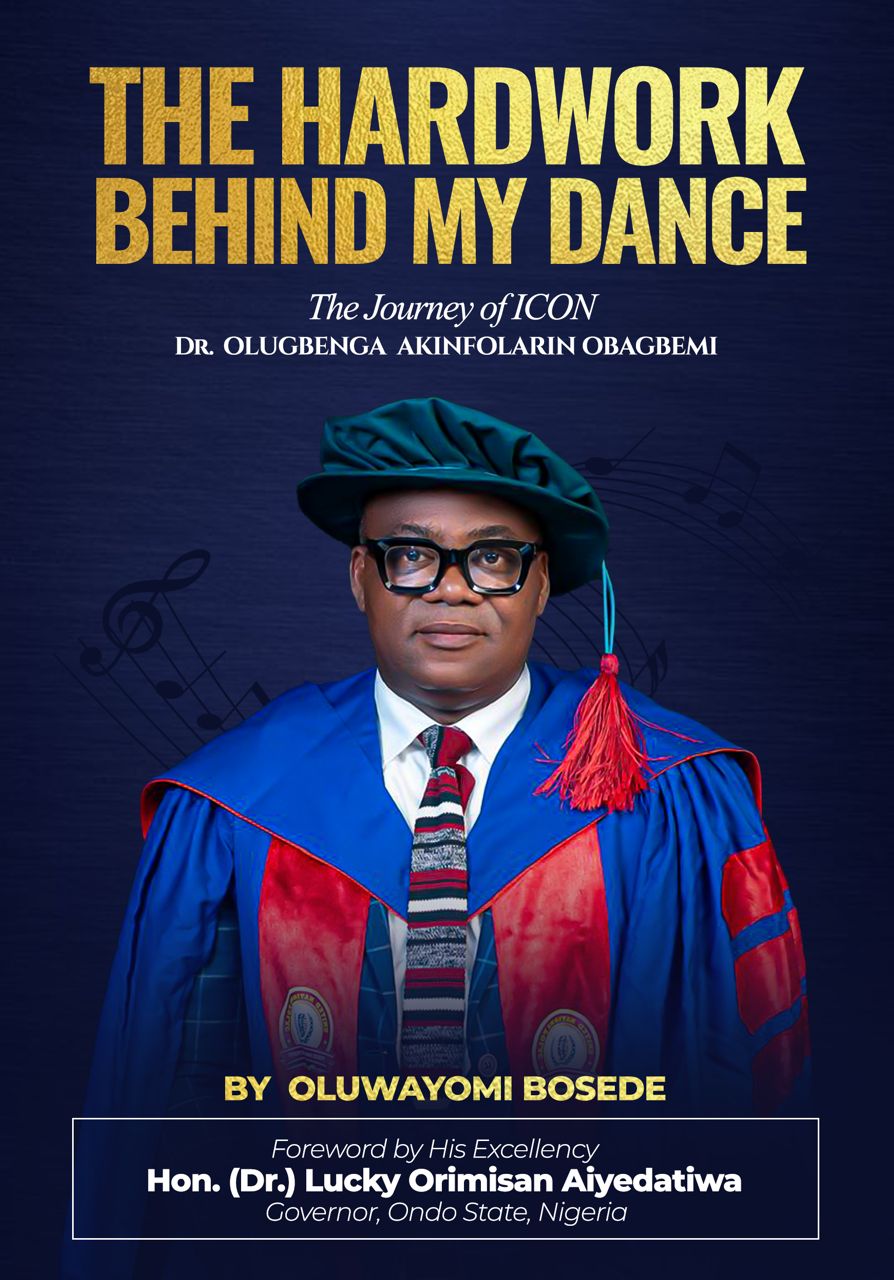According to ChatGPT: Africa’s 10 Best Church Organists (2025)
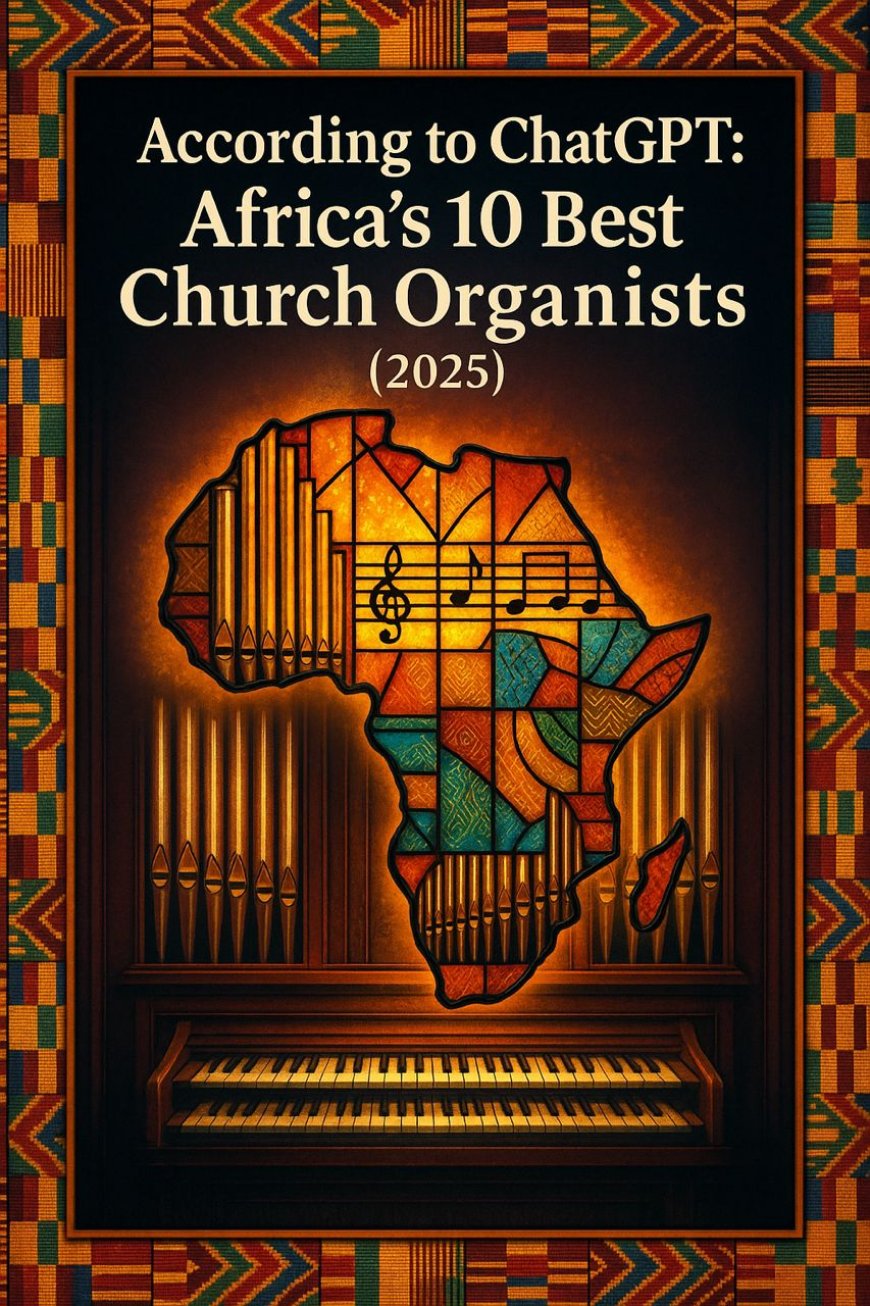
African Art Times presents a living portrait of the organ across the continent. Picture it. A nave warming with voices, the quiet shuffle of a choir taking its places, one steady hand lifting at the console, then the first chord blooming through wood and stone. From Lagos to Nairobi, from Accra to Kampala, from Freetown to Lusaka, a younger bench is carrying the instrument with care and courage. These are musicians who balance study with service, recital with worship, tradition with place. They make Bach speak clearly, let chant breathe, and choose registrations that serve the words rather than overpower them. What follows is a standard that can be trusted globally, a set of profiles you can book, learn from, and share.
This list matters to churches that want stronger singing, to African musicians who want a viable path at the console, and to international colleagues who are seeking collaborators for exchanges, residencies, and commissions. The common thread is documented excellence. Each of these organists leaves a public trail that can be heard and verified, and each shows why careful craft, week after week, is the real engine of musical life.
Marnus Greyling, South Africa
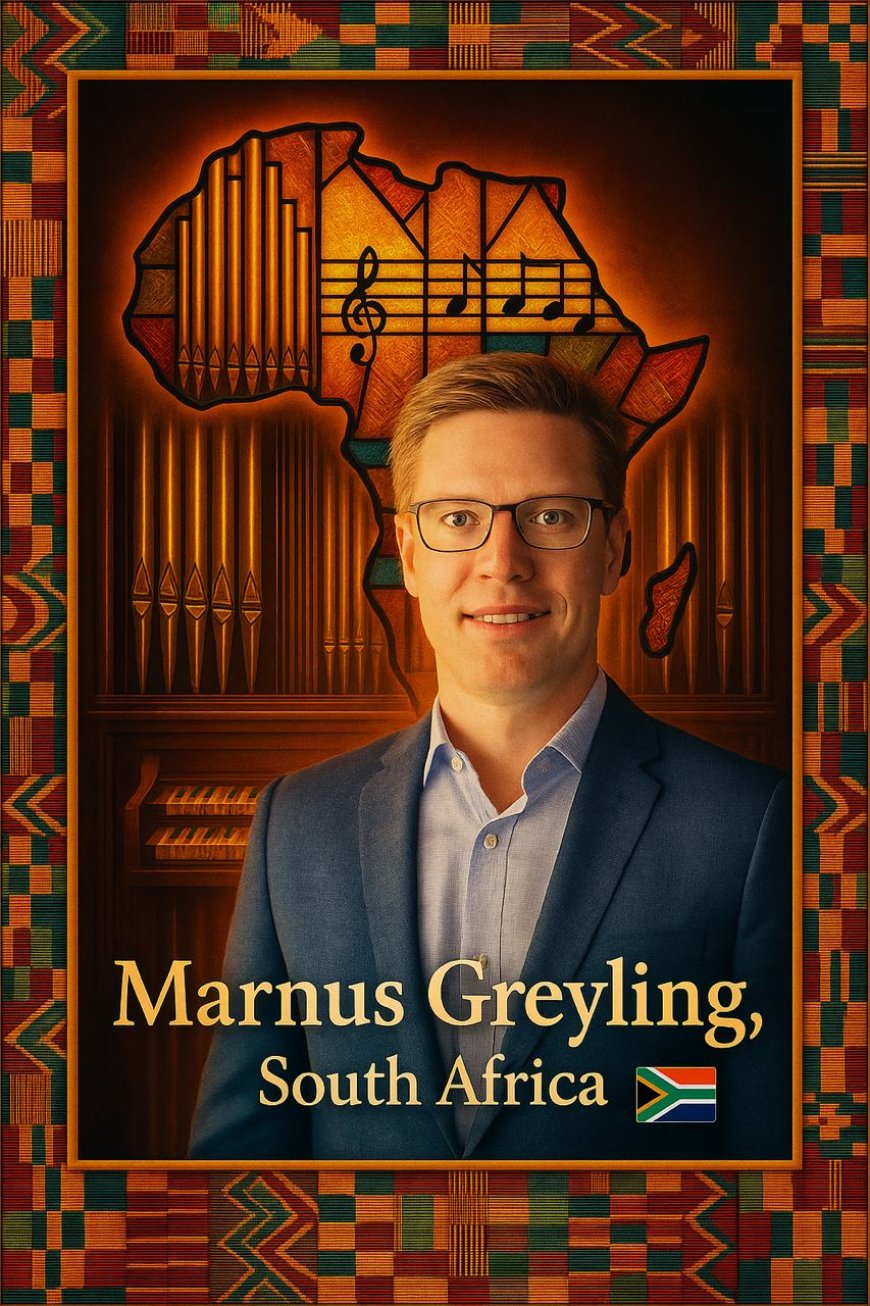
Marnus Greyling takes quiet command of a room. His touch is Cambridge clean and singer aware, forged as Graduate Organ Scholar at Downing College under Christopher Robinson and refined through an MMus at Jesus College, Cambridge. Recitals across the chapel circuit taught proportion and pace, a later season connected to St Albans sharpened his sense of colour and restraint. In South Africa he served as University Organist at UNISA, Director of Music at St George’s, Parktown, Assistant Director of the Symphony Choir of Johannesburg, and chair of the RSCM Northern Branch. Earlier he swept SAKOV organ prizes for five consecutive years and won the Pretorium Trust bursary. He now leads music at St Barnabas, Greenwich in the United States, records and performs widely, and keeps his work easy to find and easy to book.
Eon Malan, South Africa
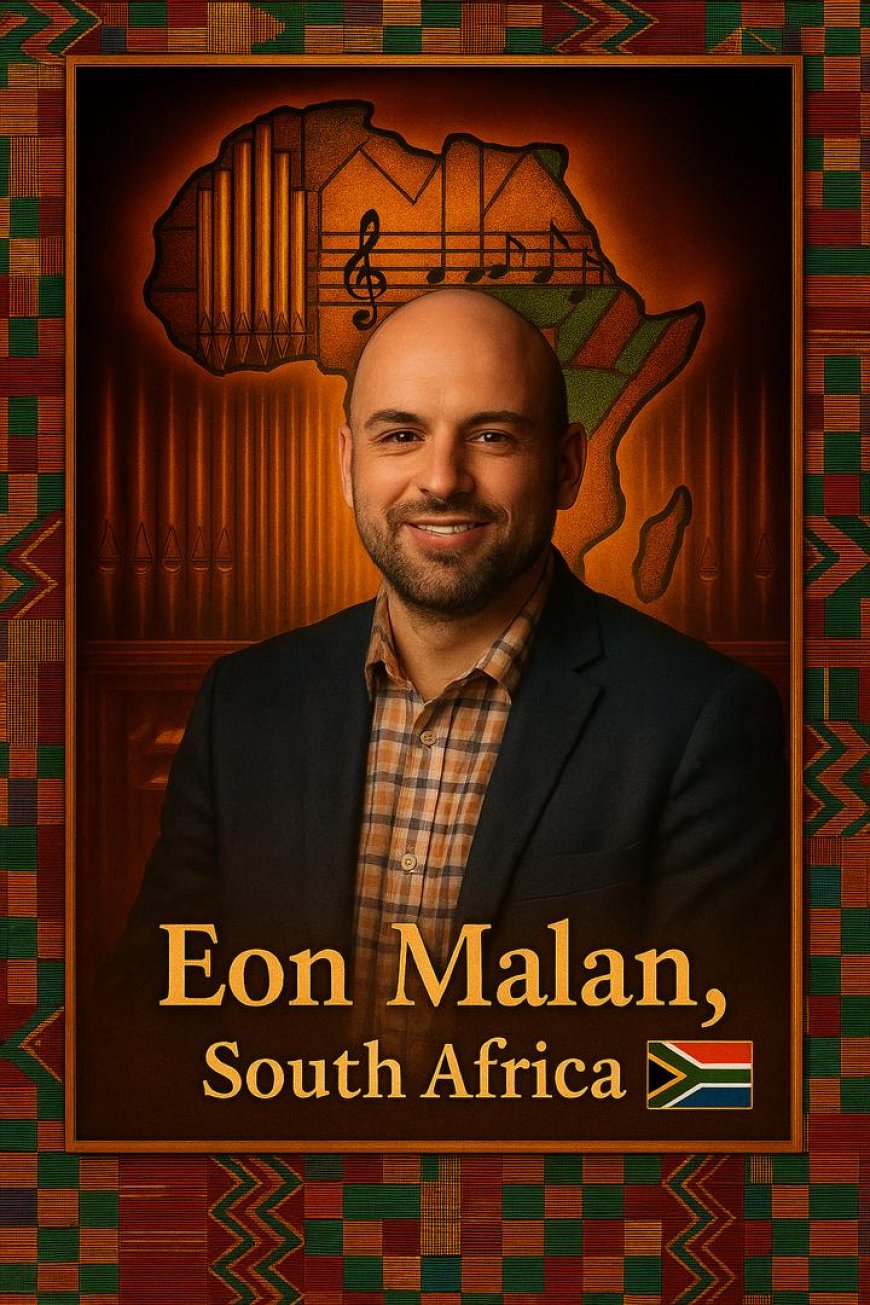
Eon Malan brings poise and proportion to every console he touches. A Johannesburg native and Stellenbosch graduate, he holds a Master of Music in Organ with distinction, an Advanced Diploma in Organ Performance, and diplomas in Hymnology and Church Music. His career has genuine reach. He served as Assistant Organist at the Cathedral Church of St Peter in Hamilton, built a monthly series that drew new listeners into sacred spaces, and has performed across South Africa, New Zealand, the United Kingdom, and the United States. He pairs real parish work with public teaching, and his programming reads both the room and the instrument with unshowy intelligence.
Adejola Adeosun, Nigeria
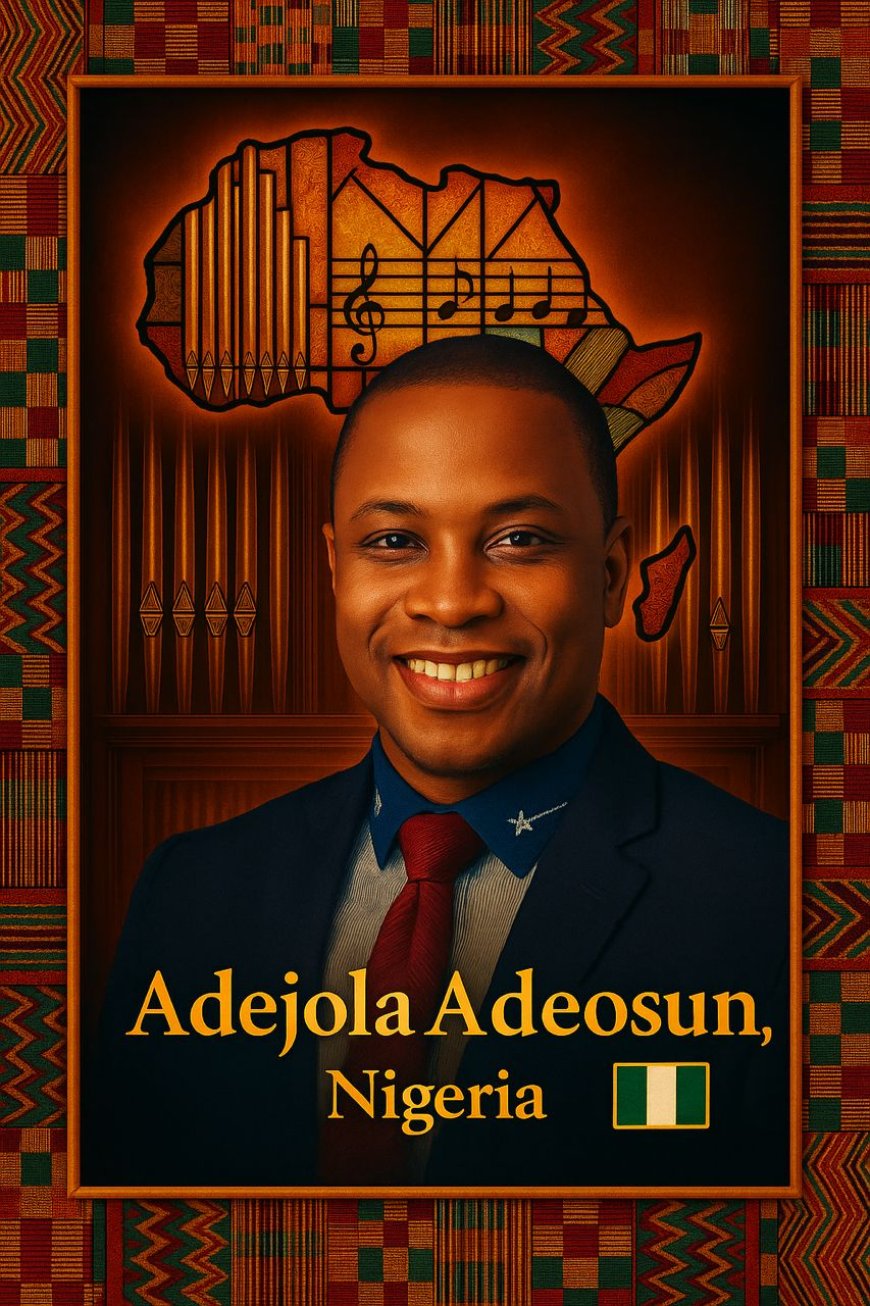
When the Cathedral Church of Christ, Marina fills and the first cue is given, Adejola Adeosun holds the moment with calm authority. After more than two decades on the Lagos bench he now serves as Organist and Master of the Music, guiding one of Africa’s most visible programmes from prelude to recessional. His formation is solid and traceable: music education at Adeniran Ogunsanya College of Education; a degree in Music from the University of Nigeria, Nsukka; ABRSM (UK) qualifications; certificates in Theory and Performance from Trinity Laban Conservatoire of Music and Dance, London; and affiliation with the Royal College of Organists. Along the way he has worked with notable teachers at home and abroad, an exposure that shows in the poise of his hymn tempi, the clarity of his psalm accompaniments, and the restraint of his voluntaries. The professional arc is steady and public: he served first as assistant, then sub-organist, stepped up as acting master in early 2023, and was confirmed as Master of the Music in cathedral notices the following year. Beyond the console he teaches at Atlantic Hall, strengthening the pipeline of young players and choristers
Bolade Olatunji, Nigeria
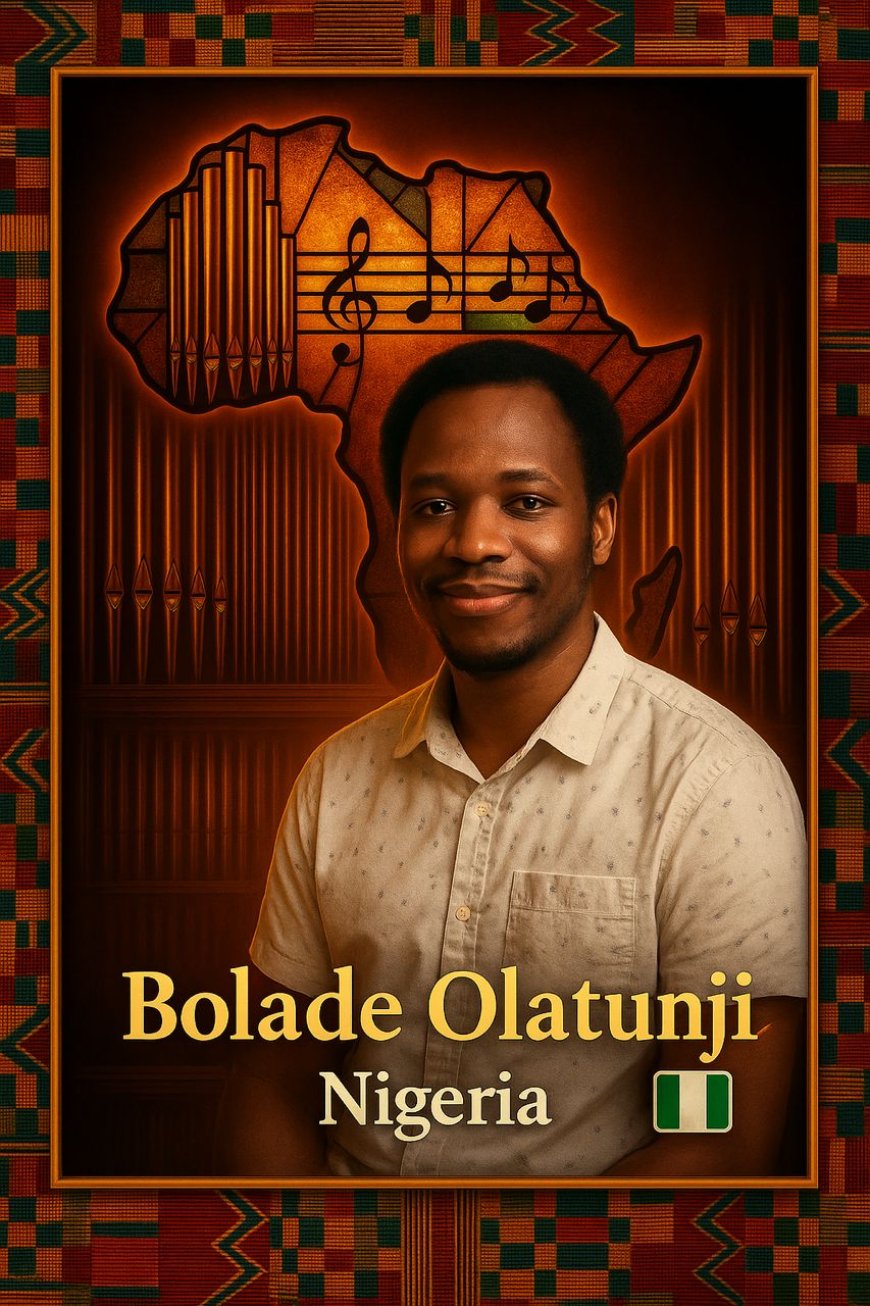
Bolade Olatunji plays with a light touch that trusts the hymn to carry itself. He joined the Lagos Cathedral team in 2018 as an assisting organist and became a reliable presence on major Sundays and quiet weekdays alike. He holds the LRSM in organ performance and has continued into graduate study. His work now spans continents. He is an organ performance master’s student at Indiana University’s Jacobs School of Music and serves as Organist and Music Director at University Lutheran Church, where he shapes liturgy, trains singers, and programmes recitals that sit comfortably between Bach, chant, and modern psalmody.
Augustine K. Sobeng, Ghana
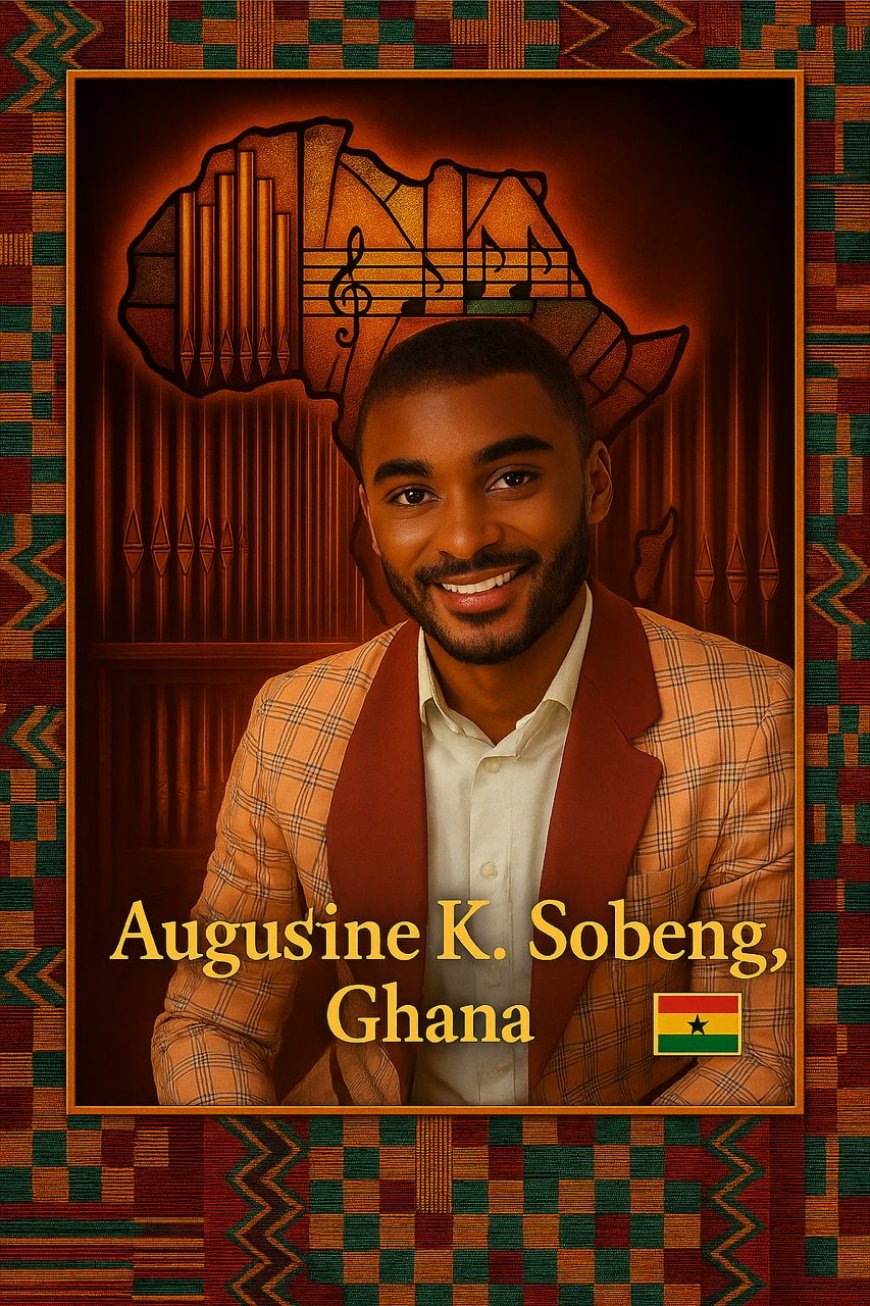
Augustine Sobeng plays with a storyteller’s calm and a scholar’s ear. In Accra he served as principal organist with Harmonious Chorale Ghana, an apprenticeship that teaches both proportion and people. International recognition followed. He won first prize in Syracuse University’s Setnor Outstanding Artists’ Competition, appeared in The Diapason “20 under 30”, and moved to the Eastman School of Music for doctoral study in the studio of Nathan Laube, where he received the James B. Cochran Organ Prize for an outstanding DMA recital. The line is clear. Ghanaian roots, international finish, a paper trail that travels.
Albert Adusei-Dua, Ghana
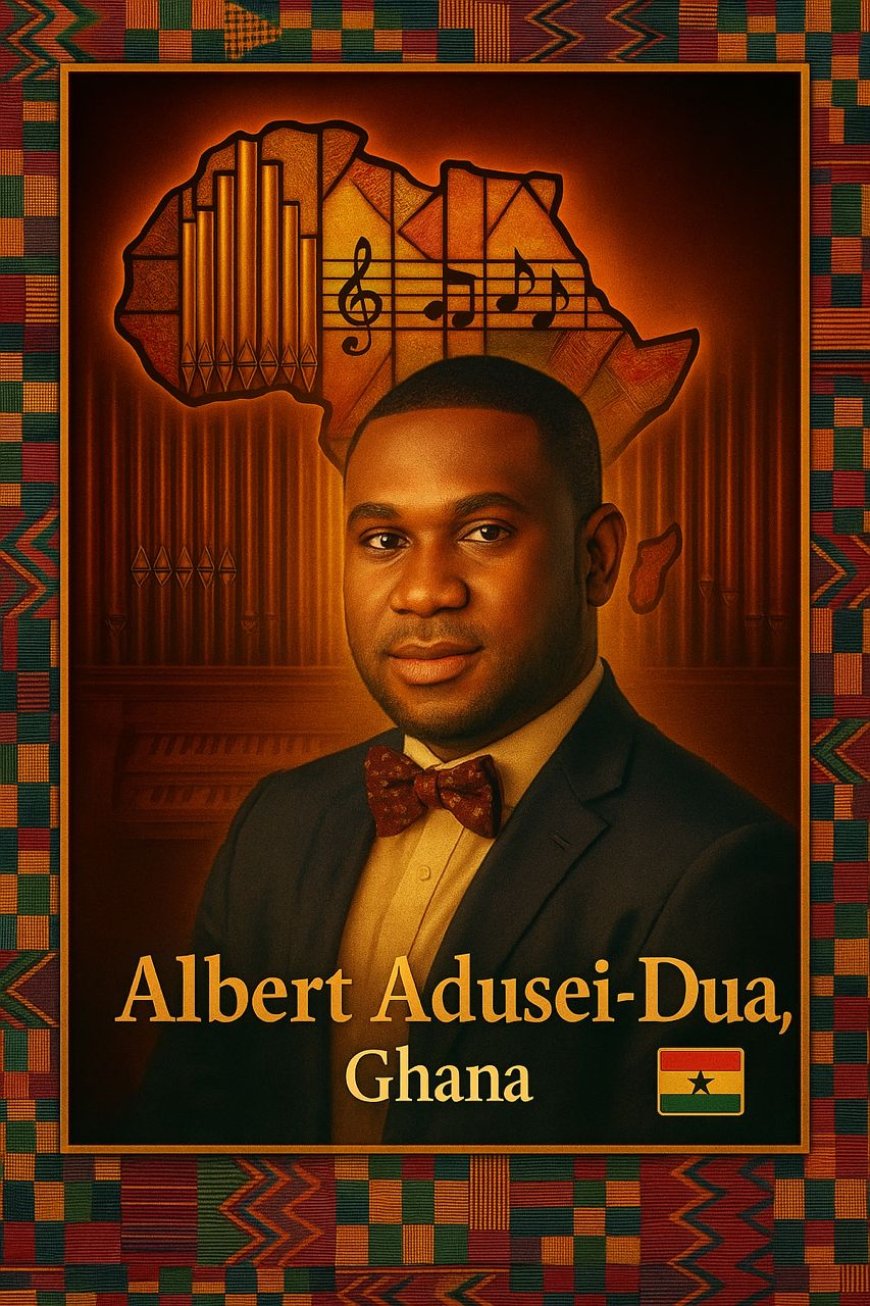
Albert Adusei-Dua steps to the console with a choirmaster’s calm and a composer’s ear. He co-founded and directs the Kumasi Evangel Choir, shaping a recognisable Ghanaian sacred sound. He is also a physician at Komfo Anokye Teaching Hospital, a dual discipline that shows in his clarity and care. His pieces, including ‘Mpaebo’, ‘Odomankoma’, ‘Yɛn Nyame’, and ‘We Exalt Your Holy Name’, are widely performed and recorded. His choir has travelled, his work sits on global platforms, and his programmes prove that new music can serve congregations as well as impress audiences.
Atigala Luvai, Kenya
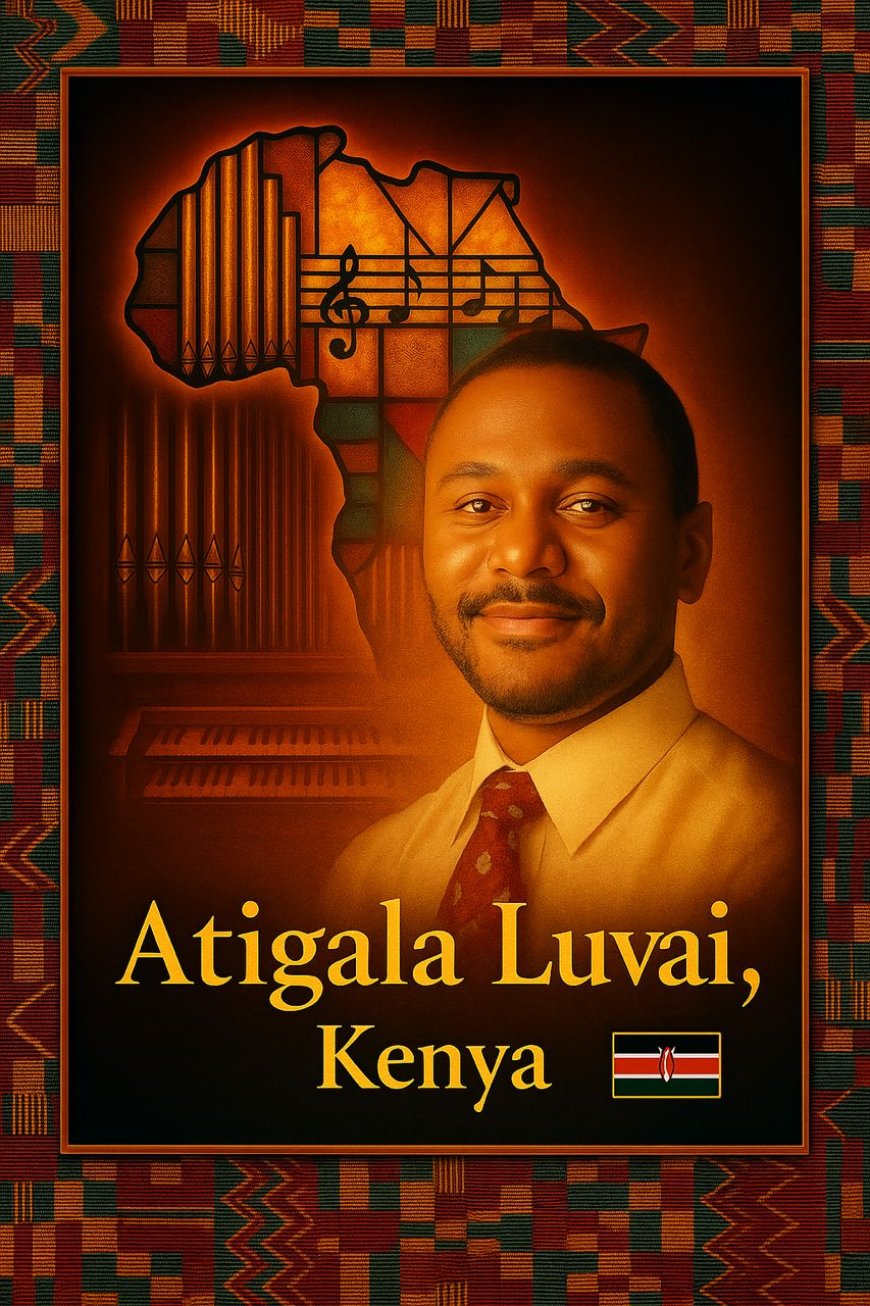
Atigala Luvai has anchored All Saints’ Cathedral, Nairobi, for more than two decades and now serves as Director of Music. He is trained to LRSM level and curates Lux Aeterna, the cathedral’s choral vespers series that began in 2018 and has become a citywide point of reference. He plans for a historic instrument installed in 1934 and keeps it at the centre of parish life through recitals, teaching, and intelligent programming. His online trail of services and broadcasts shows a musician who holds congregation and craft in the same frame.
Paul Luggya, Uganda
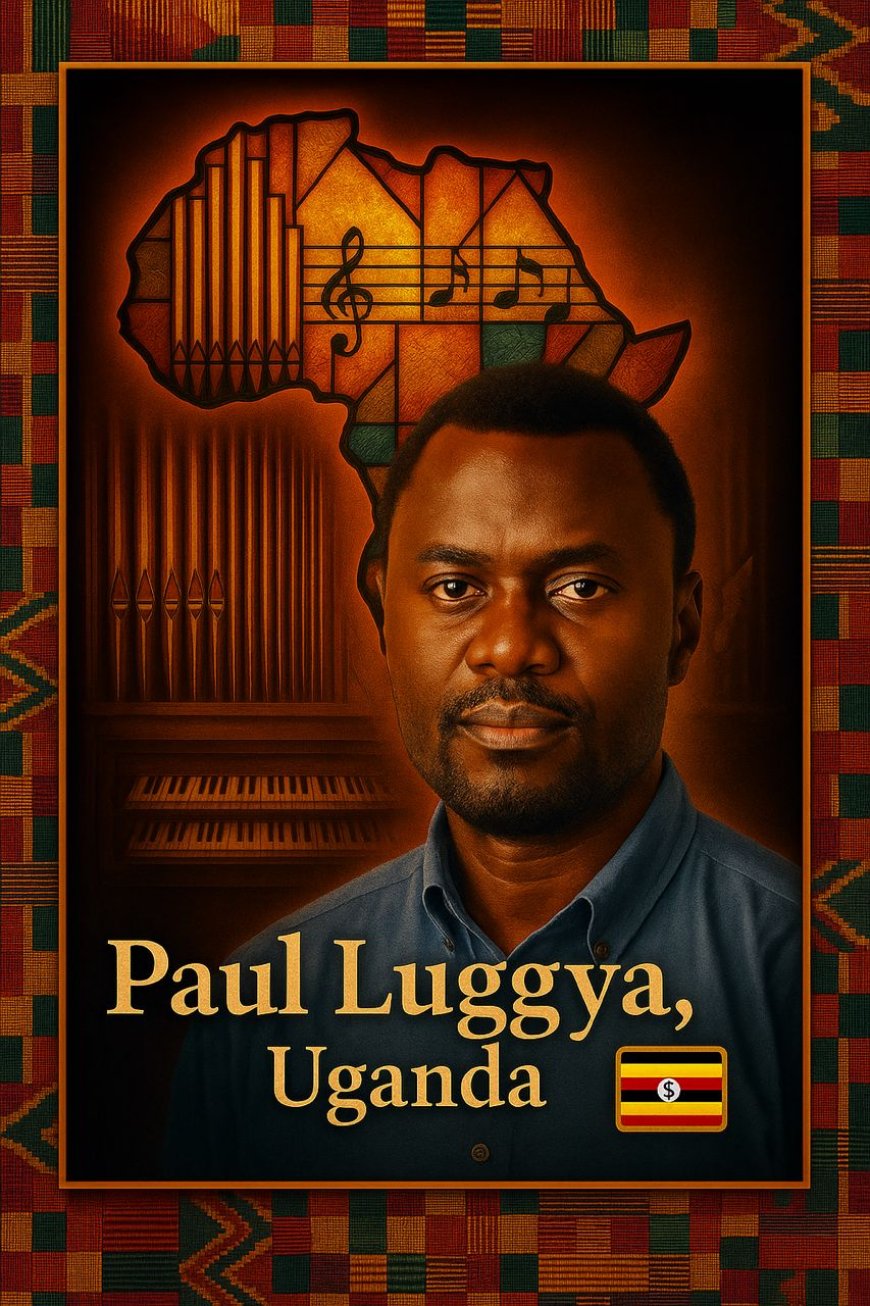
Paul Luggya takes the Namirembe console with the steadiness of a captain. A boy chorister in 1991, he rose to become Chief Organist at St Paul’s Cathedral, Kampala. He trained as an organ scholar at Lichfield Cathedral, won the PricewaterhouseCoopers Piano Competition in Nairobi, and became an Associate of the Royal College of Organists. His work ranges from solo recitals that fill the cathedral to state services where he leads large forces with quiet authority. He teaches at Kampala Music School, mentors young players, and advocates for the care of Uganda’s historic instrument.
Christopher James, Sierra Leone
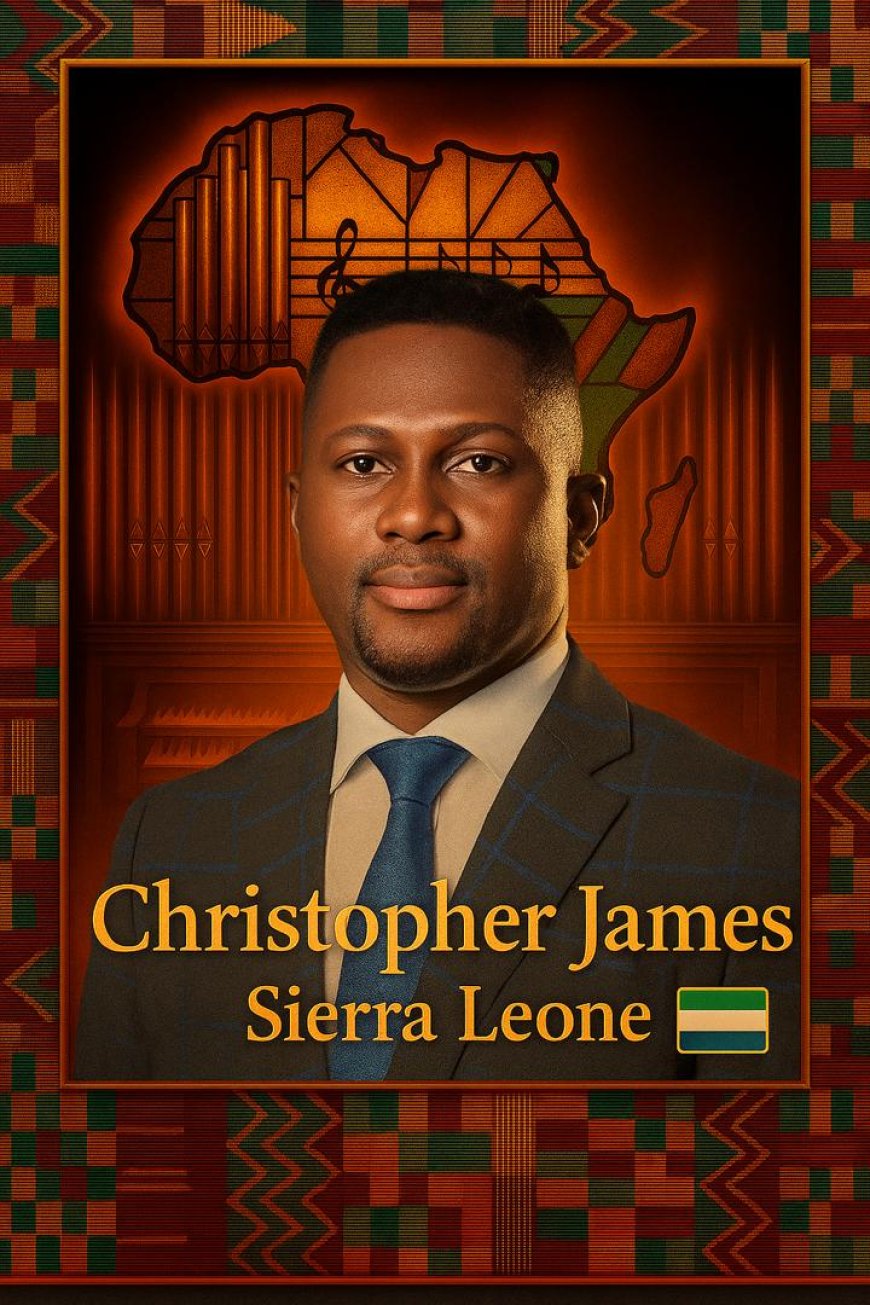
Christopher Jonathan James is a certified Grade 8 Musician (Organ) with the Associated Board of the Royal Schools of Music (ABRSM), holds ABRSM Grade 5 in Theory and Grade 5 Piano, and is also a songwriter; he holds a certificate in African Music from the Global Music Academy (GMA) in Addis Ababa, Ethiopia. He is a Music Instructor at the Ballanta Academy of Music in Freetown, teaching piano, organ, and music theory; he currently serves as Organist at Buxton Memorial Methodist Church in Freetown and plays piano with the Groovy Colours band at Ballanta. Christopher founded the programme ‘Joy of the King of Instruments’, a platform showcasing organ music. He represents a hopeful thread in Freetown: serving at Buxton, appearing across the city’s Methodist circuit, and apprenticing on the St George’s Cathedral pipe organ restoration. He also an associate Organist at the St George's Cathedral in Freetown.
Sitali Sitali, Zambia
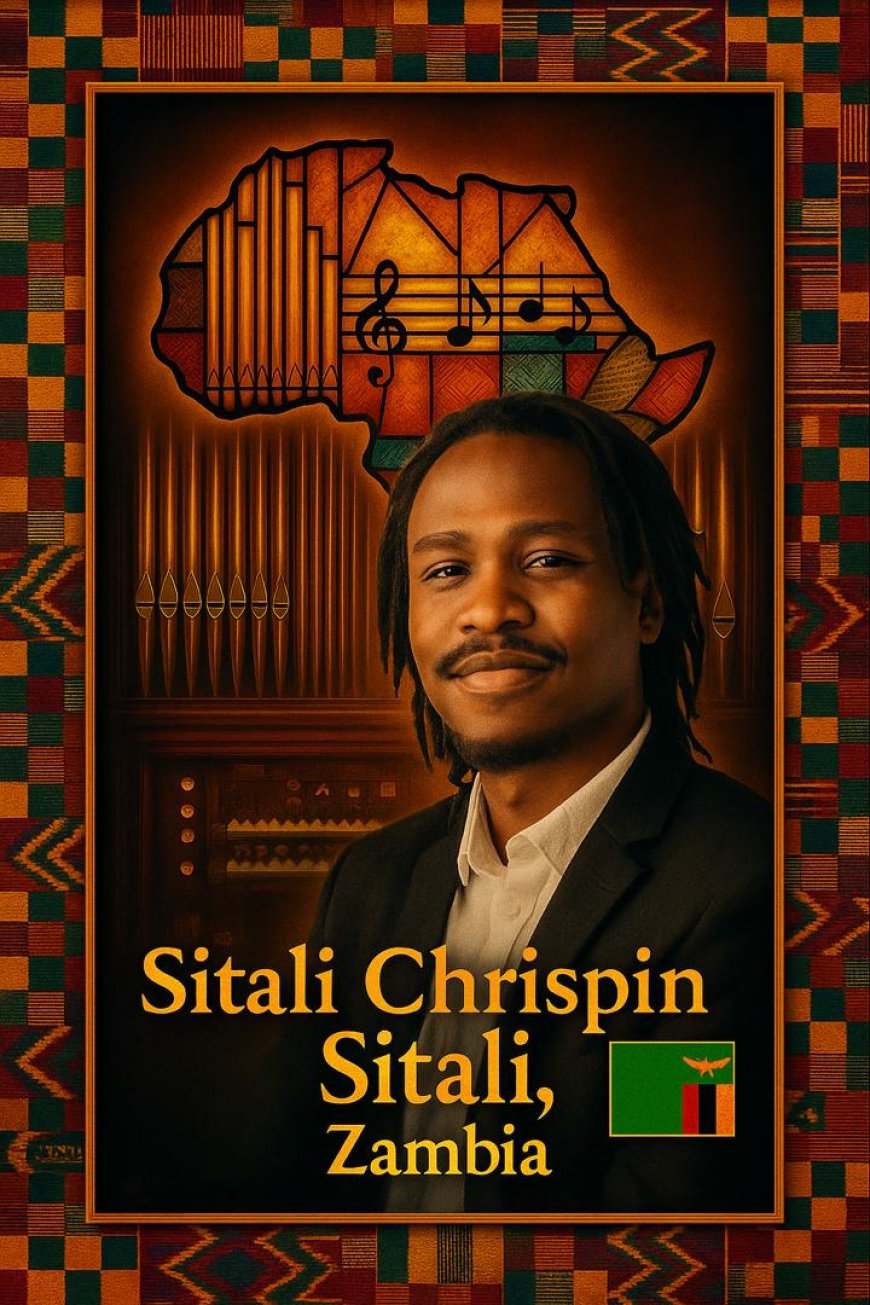
Sitali Sitali brings a craftsman’s calm to the bench in Lusaka. He studied music at Rusangu University and serves weekly at the New Apostolic Church, Lusaka-Central. He is also a careful steward. In 2024 he documented the restoration and retuning of his congregation’s organ, turning maintenance into public formation through short, clear clips. He performs across congregations, leads workshops, and appears in broadcasts that keep the instrument present in the life of the city.
Why Documentation Matters
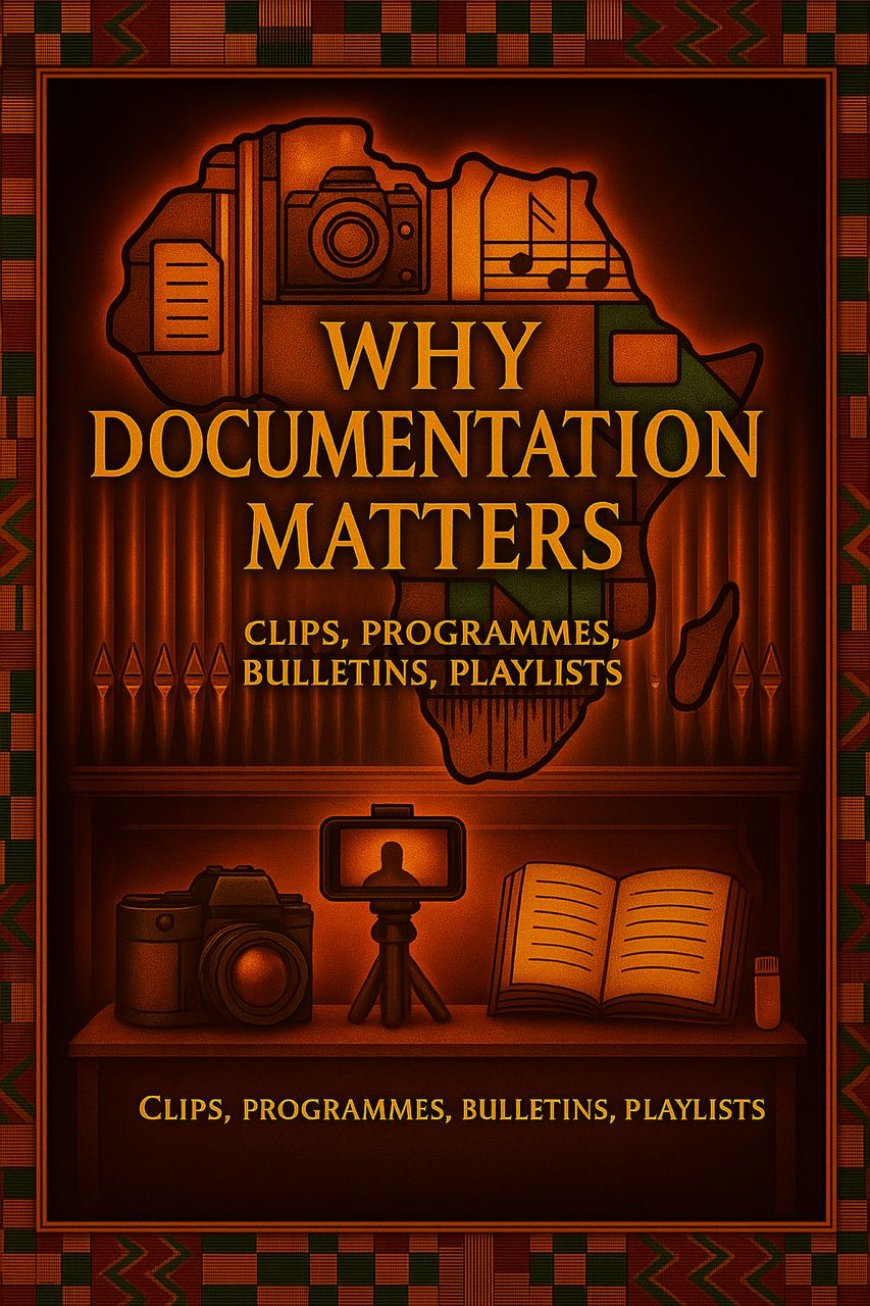
Visibility creates vocation. Short, regular clips that show real church work allow choirs, clergy, and promoters to hear what you do. Record a hymn introduction at congregational tempo, a psalm accompaniment that breathes, an anthem that sits well for singers, a single movement of Bach, one thoughtful improvisation. Keep an updated page with roles and dates, programmes or bulletins, a playlist of unedited service excerpts, and contact details. Over time that trail turns one wedding or workshop into a season of work, gives students models to study, and invites international partnerships.
If you are a church musician with recordings and programmes that belong in this conversation, write to the editors of African Art Times, they could arrange professional documentation for you for global visibility. You can reach us on this email address "Support@africanarttimes.com", for assistance on your documentation. The bench is wider than any list. That is the good news.
Note - All pictures and images in this article were generated by AI.
What's Your Reaction?







